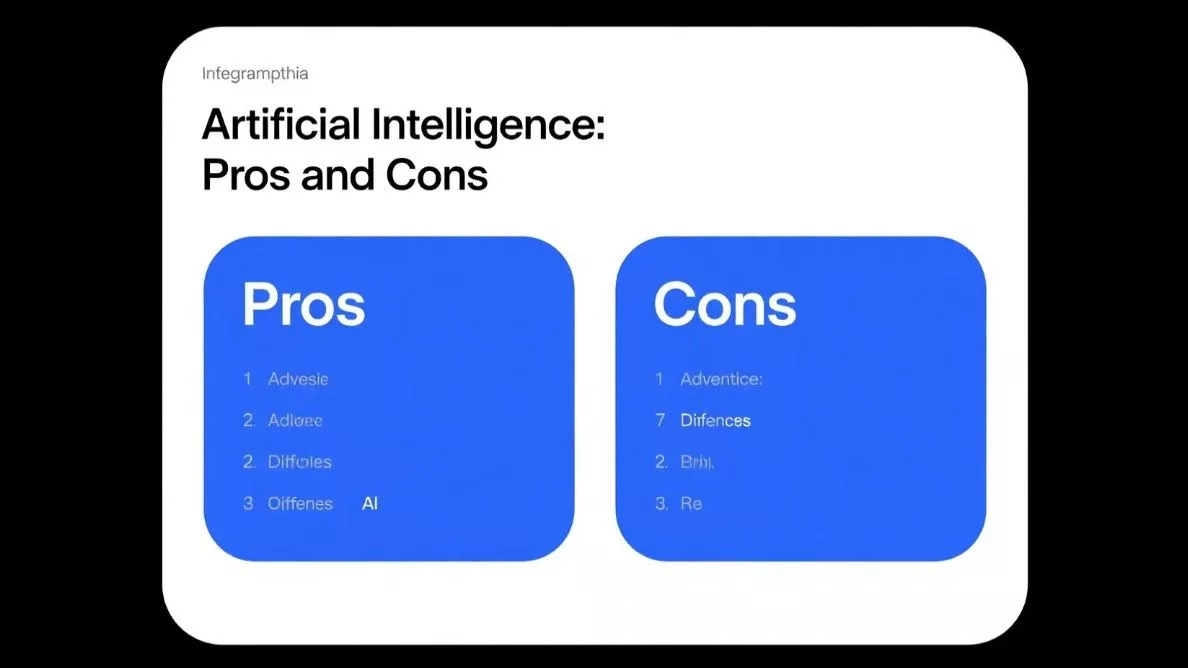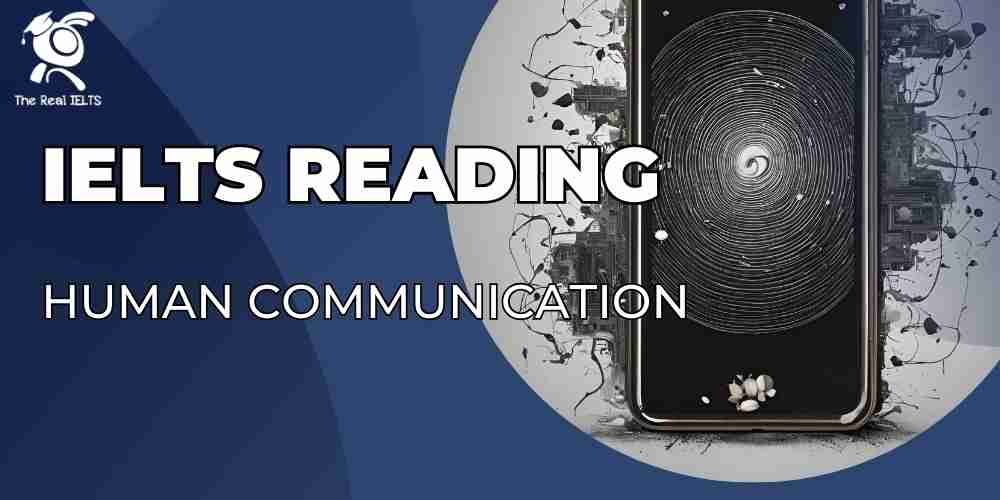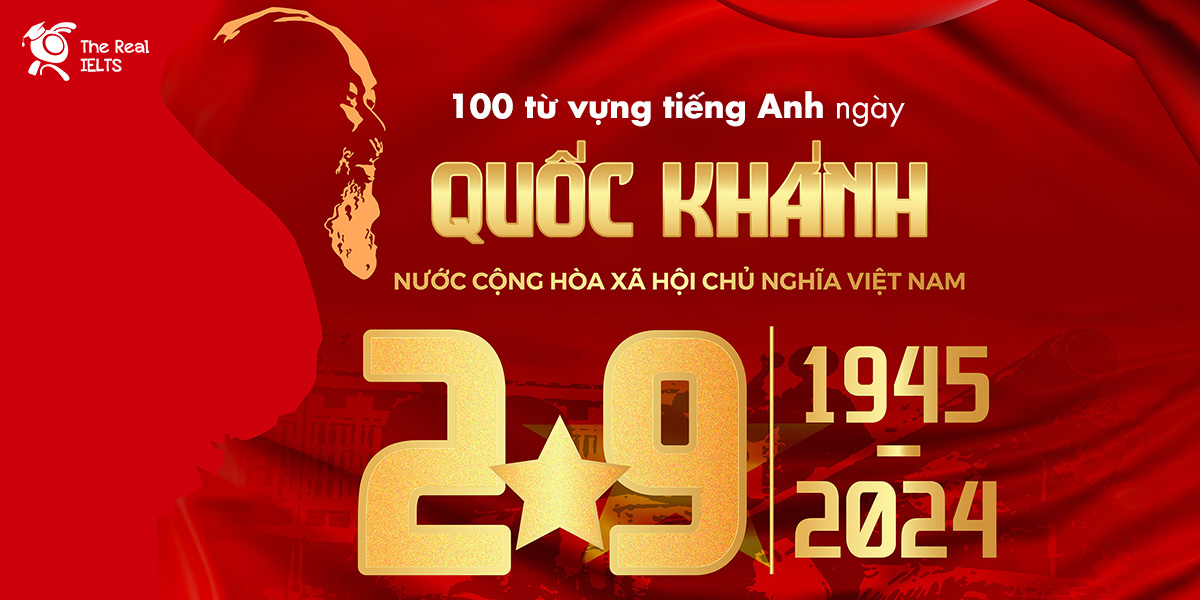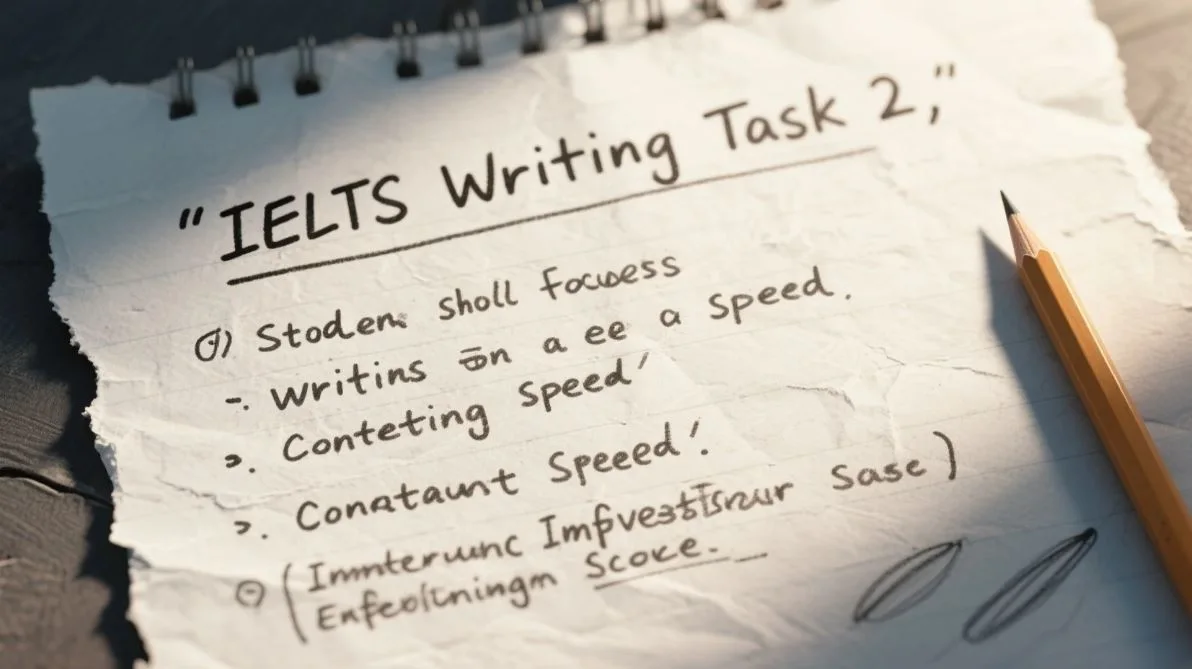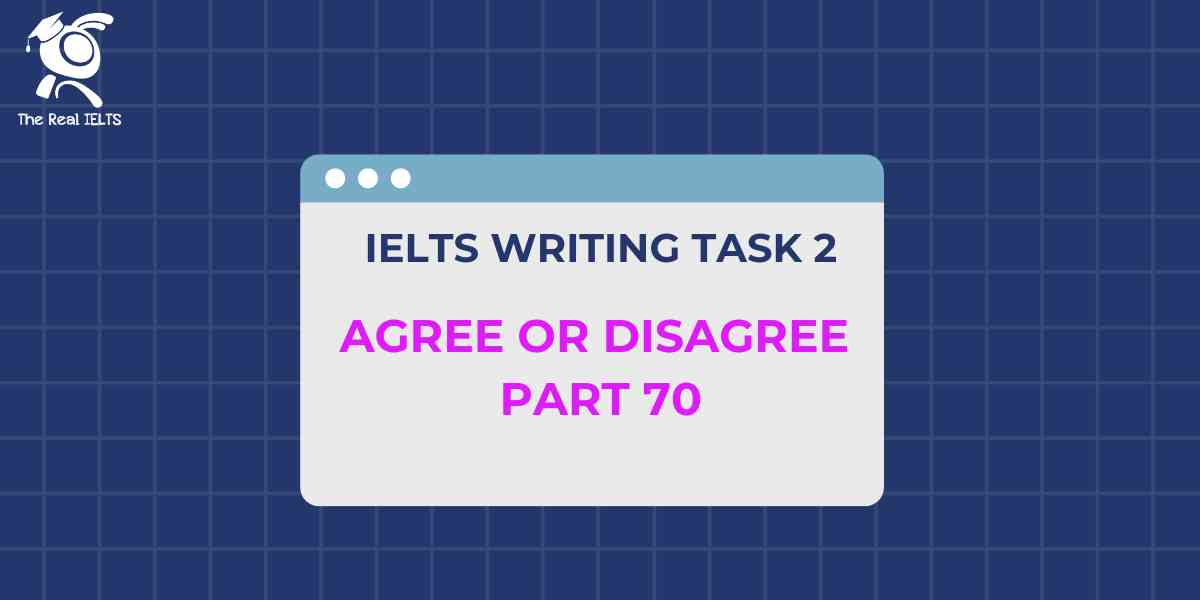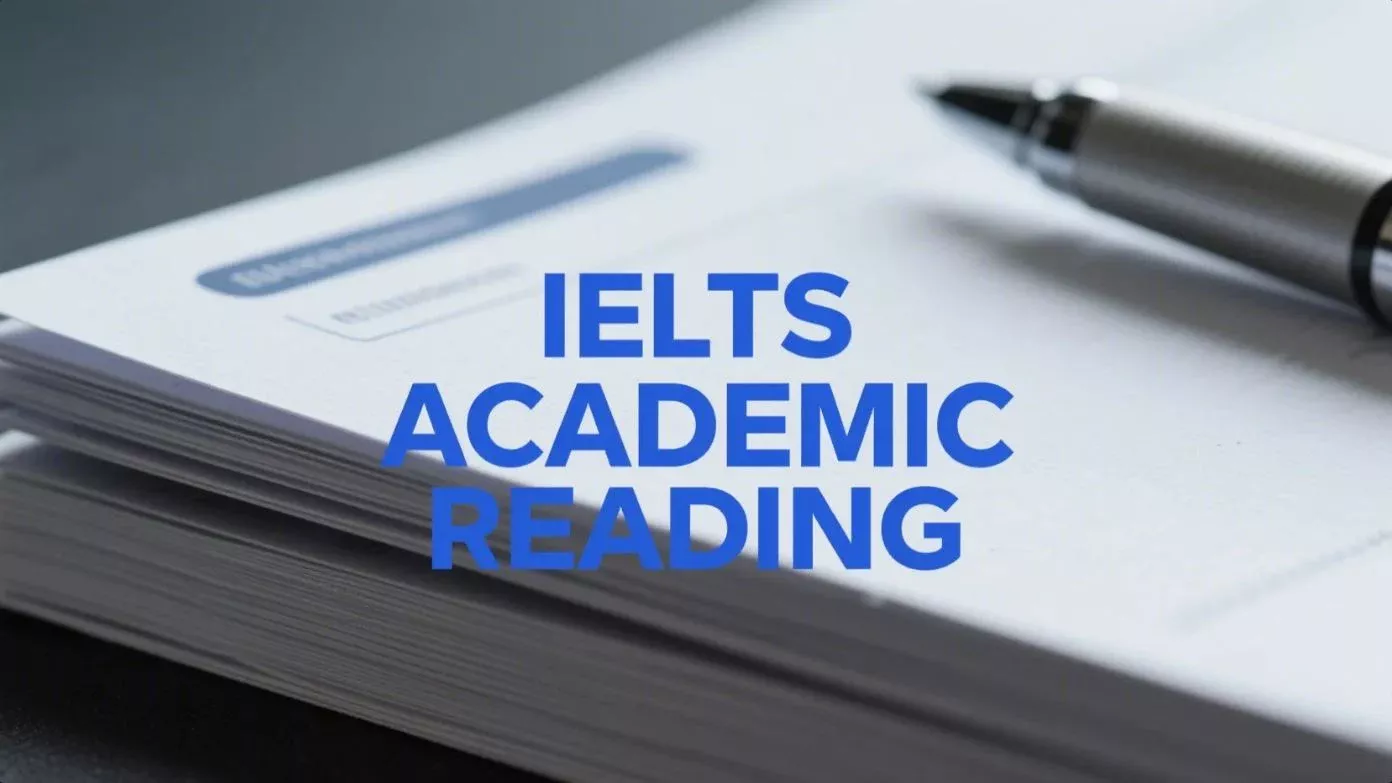Đề thi IELTS Reading có tiêu đề “The Influence of Literature on Modern Thought”
Nhớ đọc thêm các bài luyện thi IELTS nhé.
IELTS Reading:”The Influence of Literature on Modern Thought“
The Influence of Literature on Modern Thought
Throughout history, literature has served as both a reflection and a shaper of societal values, beliefs, and thought systems. In its many forms—ranging from poetry to prose, fiction to non-fiction—literature has had a profound influence on the ways in which people perceive the world and their place within it. By exploring human experiences, emotions, and the myriad complexities of life, literature not only mirrors the cultural and intellectual movements of its time but also actively shapes the ideological frameworks that guide modern thought.
One of the most significant ways in which literature influences modern thought is through its capacity to challenge prevailing norms and introduce new ideas. Literature often acts as a vehicle for critique, questioning societal structures, political systems, and moral values. For example, the works of George Orwell, particularly his novels 1984 and Animal Farm, are widely regarded as profound commentaries on totalitarianism, censorship, and the abuse of power. These texts have shaped contemporary understandings of political regimes and have contributed to ongoing debates about freedom, privacy, and human rights. Orwell’s dystopian visions have left an indelible mark on political discourse, influencing both policymakers and the public in how they conceive of governmental authority and individual liberties.
Similarly, literature has been instrumental in advancing progressive ideas about social justice, equality, and human rights. The writings of figures such as Virginia Woolf, James Baldwin, and Toni Morrison have challenged conventional views on gender, race, and identity, providing a platform for marginalized voices and advocating for social change. Woolf’s A Room of One’s Own, for instance, is a foundational text in feminist literature, highlighting the systemic inequalities that prevent women from achieving intellectual and creative freedom. Her exploration of gender roles and the limitations placed on women has resonated with feminist movements throughout the 20th and 21st centuries, fostering discussions on women’s rights, representation, and empowerment.
Moreover, literature plays a crucial role in shaping philosophical thought, offering insights into the human condition and providing a space for exploring existential questions. The existentialist writings of authors like Jean-Paul Sartre and Albert Camus have significantly influenced modern philosophical thought, particularly in their exploration of freedom, responsibility, and the meaning of life. Camus’ The Stranger, for example, delves into themes of absurdity and alienation, prompting readers to confront the inherent meaninglessness of existence and to consider how one might find purpose in an indifferent world. These literary explorations of existentialism have shaped not only the field of philosophy but also contemporary understandings of individual autonomy and the search for meaning in a rapidly changing world.
In addition to its role in critiquing society and advancing philosophical thought, literature also serves as a powerful tool for cultural preservation and the transmission of knowledge. Through storytelling, literature captures the values, traditions, and beliefs of different cultures, allowing future generations to understand and engage with their heritage. Texts such as Homer’s The Odyssey or the ancient Indian epic Mahabharata provide invaluable insights into the cultures from which they emerged, offering a glimpse into the values, beliefs, and worldviews of ancient civilizations. In this way, literature acts as a bridge between the past and the present, preserving the intellectual and cultural achievements of earlier societies while simultaneously informing contemporary thought.
Furthermore, literature has an enduring impact on the development of empathy and emotional intelligence. By immersing readers in the experiences, thoughts, and emotions of characters, literature allows individuals to see the world from different perspectives, fostering a deeper understanding of the human experience. Research has shown that reading fiction, particularly character-driven narratives, can increase empathy by encouraging readers to put themselves in the shoes of others. This ability to empathize with diverse characters and their struggles not only enhances interpersonal relationships but also informs social and political thought, encouraging more compassionate and inclusive approaches to problem-solving and decision-making.
Another important aspect of literature’s influence on modern thought lies in its ability to inspire innovation and creativity. Works of speculative fiction, for example, have often anticipated technological advancements and imagined new possibilities for the future. Authors such as Jules Verne and H.G. Wells are credited with pioneering the science fiction genre, exploring ideas about space travel, time machines, and advanced technologies long before they became a reality. These imaginative works have inspired generations of scientists, engineers, and innovators to push the boundaries of what is possible, contributing to the rapid pace of technological development in the modern world.
In conclusion, literature plays a multifaceted role in shaping modern thought, influencing everything from political ideologies and social justice movements to philosophical inquiries and cultural preservation. By challenging norms, fostering empathy, and inspiring innovation, literature continues to be a powerful force in shaping how individuals and societies think, act, and evolve. Its ability to engage with the complexities of human experience ensures that literature will remain an enduring influence on modern thought for generations to come.
Đề bài thi IELTS Reading
Multiple Choice (Trắc nghiệm):
- What is one of the primary ways literature influences modern thought?
- A. By repeating historical events
- B. By reinforcing existing social structures
- C. By challenging norms and introducing new ideas
- D. By promoting only philosophical ideologies
- Which author’s work is mentioned as a critique of totalitarianism?
- A. Albert Camus
- B. George Orwell
- C. Jean-Paul Sartre
- D. Virginia Woolf
- What is the primary theme explored in Camus’ The Stranger?
- A. Feminism
- B. Existentialism
- C. Social justice
- D. Political freedom
- Which type of literature is mentioned as contributing to the understanding of ancient civilizations?
- A. Epic poetry
- B. Romantic novels
- C. Scientific journals
- D. Travelogues
- What aspect of literature increases empathy in readers?
- A. Complex vocabulary
- B. Philosophical themes
- C. Character-driven narratives
- D. Descriptive settings
True/False/Not Given:
- Literature has only recently begun to influence modern thought.
- True
- False
- Not Given
- Orwell’s works exclusively focus on the benefits of democracy.
- True
- False
- Not Given
- Virginia Woolf wrote primarily about the impact of economic systems on creativity.
- True
- False
- Not Given
- Fictional works help readers understand real historical events.
- True
- False
- Not Given
- Jean-Paul Sartre and Albert Camus are both existentialist writers.
- True
- False
- Not Given
Yes/No/Not Given (Opinion-based):
- Literature can only reflect society, not change it.
- Yes
- No
- Not Given
- 1984 by Orwell has had an influence on political discourse in modern times.
- Yes
- No
- Not Given
- The cultural significance of literature diminishes over time.
- Yes
- No
- Not Given
- Empathy is the most important emotional skill that literature can enhance.
- Yes
- No
- Not Given
- Philosophical works are the only form of literature that impact modern thinking.
- Yes
- No
- Not Given
Matching Information (Nối thông tin):
16-19. Match the following statements with the correct paragraph (A-D):
- A. Orwell’s literature critiques totalitarian regimes.
- B. Literature helps preserve cultural heritage.
- C. Woolf’s writing supports women’s intellectual freedom.
- D. Science fiction inspires technological innovation.
Matching Headings (Nối tiêu đề với đoạn văn):
20-23. Choose the appropriate heading for each section of the passage:
- A. The Role of Literature in Political Discourse
- B. Literature as a Tool for Cultural Preservation
- C. The Philosophical Contributions of Literature
- D. How Literature Develops Empathy
Matching Features (Nối đặc điểm):
24-26. Match the following individuals with their literary contributions:
- A. George Orwell
- B. Virginia Woolf
- C. Albert Camus
- Features:
- Advocated for women’s rights and intellectual freedom
- Explored the theme of existentialism and absurdity
- Critiqued authoritarianism and political corruption
Matching Sentence Endings (Nối phần kết câu):
27-30. Complete the sentences by matching the beginning with the correct ending:
- Literature has the ability to…
- A. preserve cultural values over time.
- The science fiction works of Jules Verne…
- B. inspire future technological advancements.
- Empathy in readers is often developed by…
- C. experiencing diverse characters’ emotions.
- Existentialist authors like Camus…
- D. question the meaning of life and individual freedom.
Sentence Completion (Hoàn thành câu):
- Orwell’s novels such as 1984 and Animal Farm are regarded as critiques of __________.
- Virginia Woolf’s work A Room of One’s Own addresses the limitations on __________ imposed by society.
- Albert Camus’ writings focus on the idea of __________ and the human struggle to find meaning.
- Literature serves as a medium for both preserving and transmitting __________ across generations.
- Character-driven narratives in literature help readers to increase their __________.
Summary Completion (Tóm tắt):
36-40. Complete the summary using no more than TWO words from the passage:
Literature has long influenced society by both reflecting and __________ its beliefs. By addressing critical issues such as __________ and individual rights, authors like Orwell and Woolf have left a lasting impact on political and social thought. Literature also promotes __________ by helping readers relate to different experiences and viewpoints. Moreover, the imaginative works of science fiction authors have spurred __________ advancements. Overall, literature continues to shape modern __________ in various ways.
Đáp án bài thi IELTS Reading
Multiple Choice (Trắc nghiệm):
- C
- B
- B
- A
- C
True/False/Not Given:
- False
- False
- False
- Not Given
- True
Yes/No/Not Given (Opinion-based):
- No
- Yes
- Not Given
- Not Given
- No
Matching Information (Nối thông tin):
- A
- B
- C
- D
Matching Headings (Nối tiêu đề với đoạn văn):
- A
- B
- C
- D
Matching Features (Nối đặc điểm):
- A – 3
- B – 1
- C – 2
Matching Sentence Endings (Nối phần kết câu):
- A
- B
- C
- D
Sentence Completion (Hoàn thành câu):
- totalitarianism
- women
- absurdity
- cultural values
- empathy
Summary Completion (Tóm tắt):
- shaping
- power
- empathy
- technological
- thought
Luyện tập bài khác ở bài viết:”100 bài luyện IELTS Reading 2024 – 2025“



